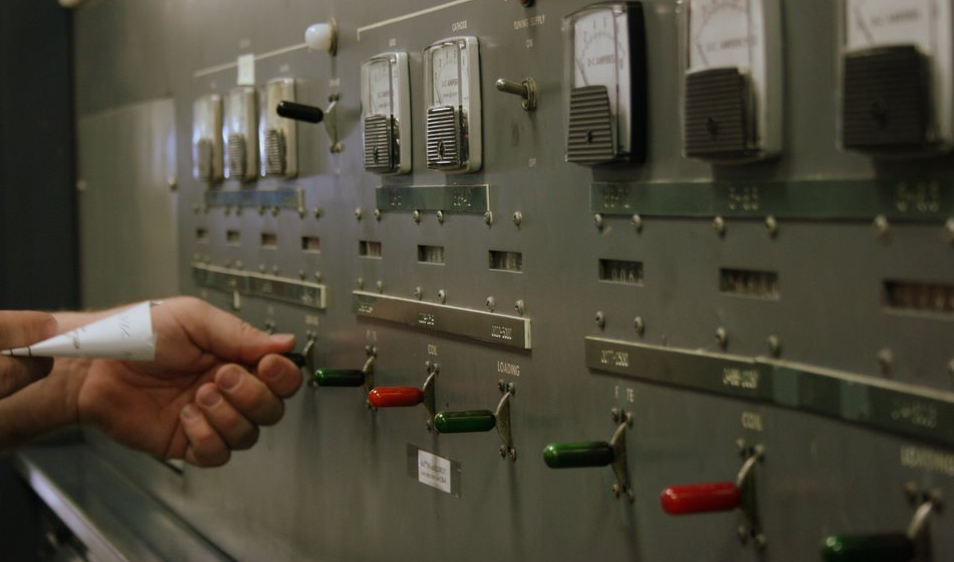Radio Oromiya: June 5, 2016
/Radio Oromiya broadcasting in Afar Oromo to East Africa. Transmitted at 100 kw from Addis Ababa-Gedja, Ethiopia. Received in Sydney, Australia, with a Degen DE1103 and a Kestrel active loop antenna. The recording includes ID at 1900. The signal was good and the noise low and I was enjoying the music until the batteries died. I quickly put a fresh set in but the Degen decided to spit the dummy and wouldn't work again that morning. The noise has been too high since then to attempt another recording.
















